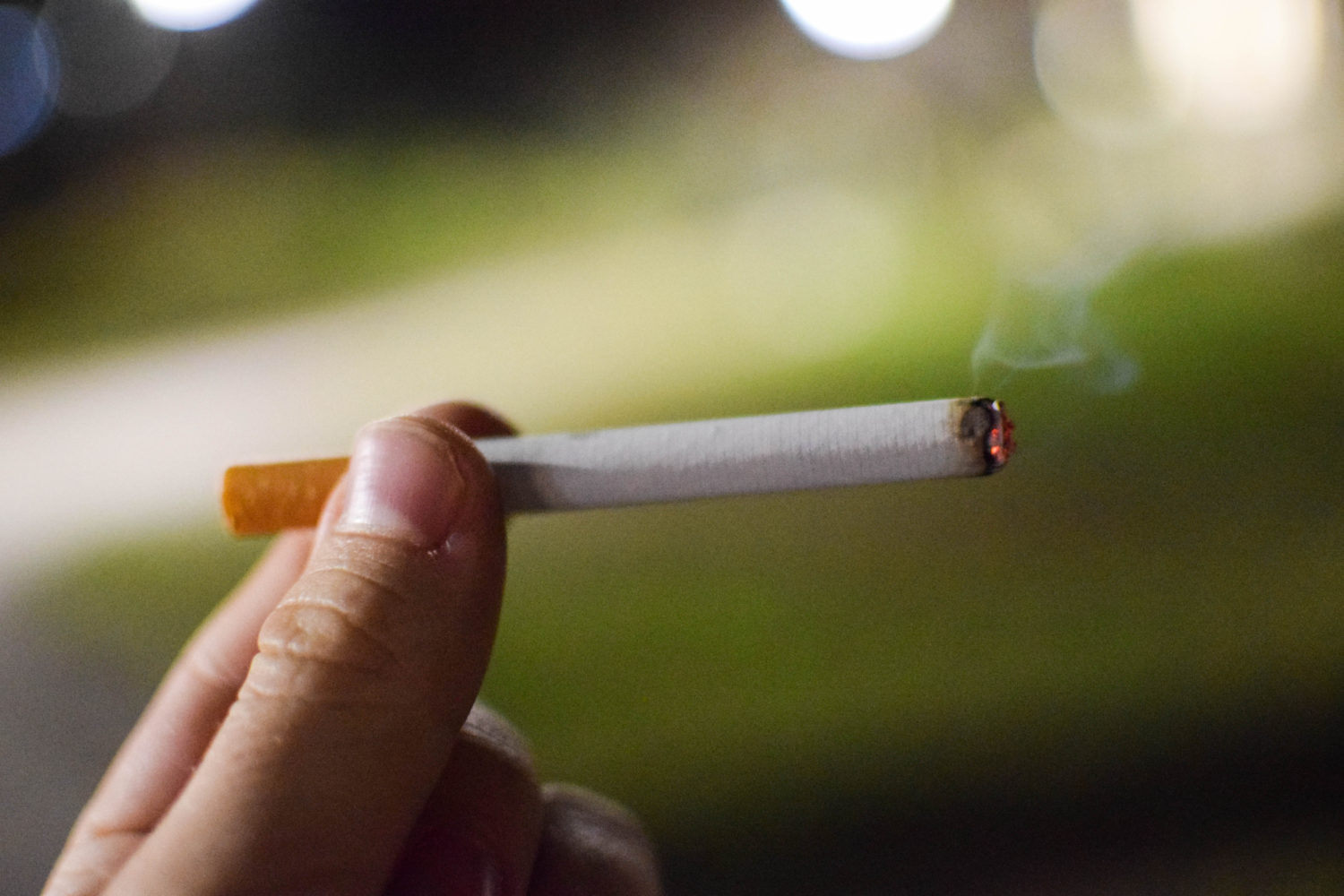Researchers at the University of Rhode Island are looking for people to participate in a study regarding student pharmacists providing services to anyone 18 years and older who wish to quit smoking.
Those who participate will meet with a student pharmacist for an interview to create an individual plan to quit smoking, and then help choose which strategy and product might be right for them. Participants are then asked to respond to follow up surveys, clinic visits and phone calls, in order to analyze the results.
Smokers participating in this study are provided with nicotine patches, gum and/or lozenges free of charge, along with free support and monitoring.
Clinical Associate Professor Anita Jacobson, who will be overseeing the study, explained that URI was given a grant from CVS, so the study is already funded. She also said that the study will be primarily conducted by URI’s pharmacy students in collaboration with the epidemiology department. Most of these students are in their second professional year of the pharmacy program. Jacobson also said that they have or are going through training to learn about the symptoms of smoking, and are being educated on the strategies proven to help others quit.
Jacobson was especially proud that this study will be conducted by students, believing that it is a great opportunity for them to get hands-on, real-world experience.
“It’s really more about the student-led aspect. We are also trying to answer if the University could do studies like this in the future,” said Jacobson.
In terms of what other knowledge may be gained from this study, there will likely be more evidence to suggest the best method to help people quit for good. Jacobson said that past research has concluded that using a combination nicotine patch and tobacco chews work best. She also hopes that the results of this study can “show the community that these treatments work.”
If the study is successful, she said, “It would be a great experience for students and an awesome resource for the campus community.”
“People need to recognize that it takes multiple tries to quit smoking,” Jacobson said.
She believes that many people who want to quit try to go “cold turkey,” meaning they try to abruptly quit without any support through medication, counseling, etc. According to what researchers know, it is usually very hard to quit like this, which discourages many from trying to quit. Jacobson wants people to know that there is a way out.
“Research has shown that you are more likely to quit every time you try,” Jacobson said. “Each time brings you closer to your goal.”
Anyone who wishes to participate in this research study is encouraged to contact URIquit@gmail.com by March of 2019.





